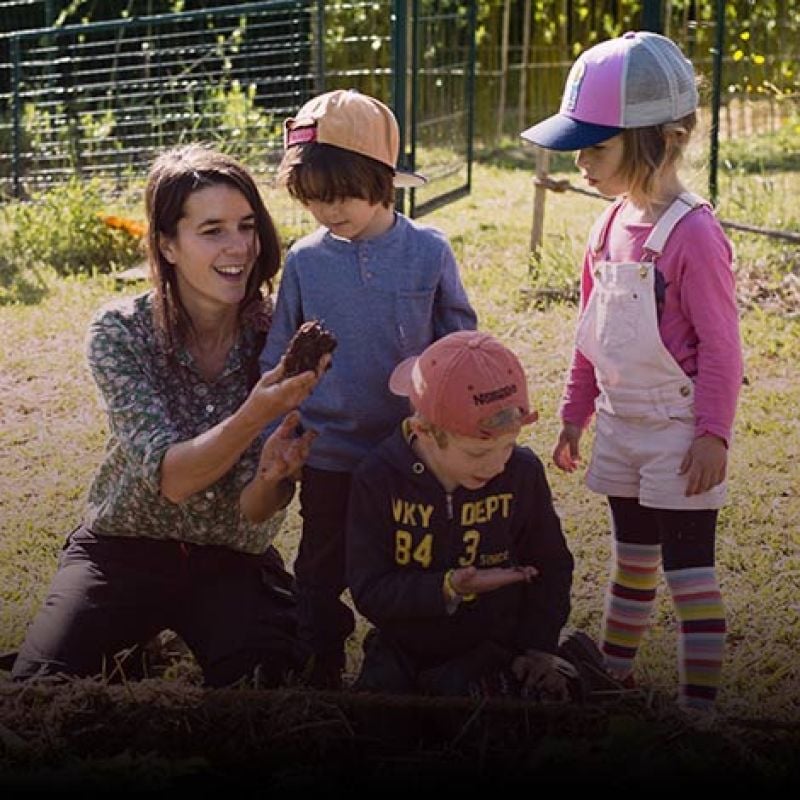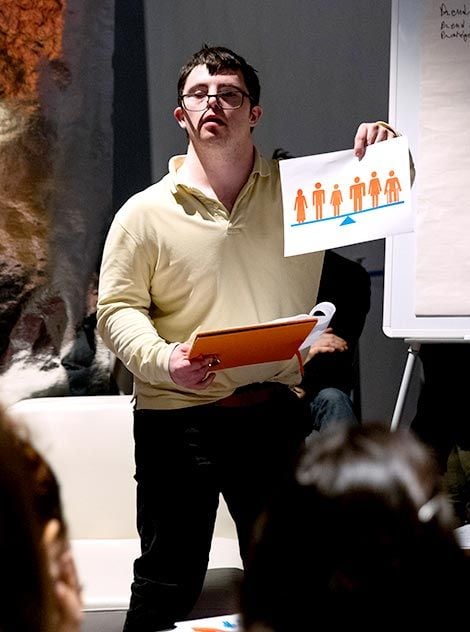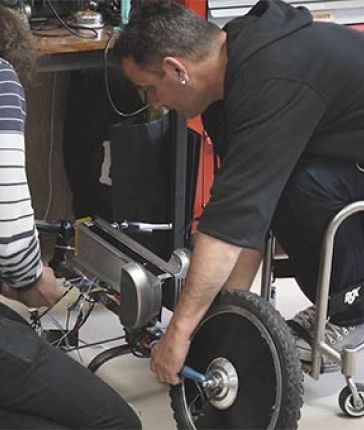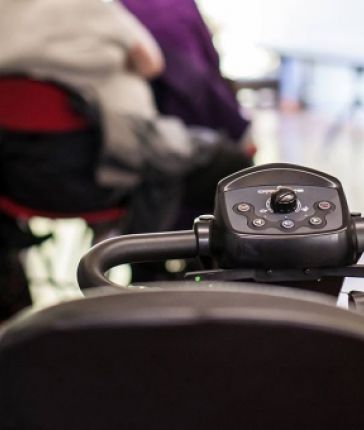In France, disability affects 12 million people. Physical disability is the most visible and yet 80% of disabilities are “invisible”, they include sensory, mental and cognitive disorders. In addition, 8 million helpers, friends and family members support someone in their circle. Disability may occur from birth or following an accident, disease or with the onset of old age. We really are all in it together! However, much remains to be accomplished for disabled people to exercise their rights, access services and live their lives as they please.
We’re all in this together
Despite a legal framework that affords rights to people with a disability, they are particularly affected by inequality, discrimination, prejudice and isolation. For them, daily living is all too often a struggle in the face of many obstacles regarding health care, legal rights, housing, employment, leisure etc. For example, 14% of people with a disability in France are officially registered as unemployed, twice as many as the national average*.
Fondation de France has been working alongside nonprofits and people with a disability since the 1970s. In 2021, the Disability program supported 32 new projects. Our approach consists in treating inclusion as a cross-cutting issue and supporting holistic projects that tackle the causes of exclusion, not just the symptoms.
The projects supported by the Disability program can address all fields and public services: housing, education, employment, leisure, sports, citizenship, and also access to healthcare and parenting, safety and justice, shops, transport and so on. Inclusion in society also increasingly involves digitization. For people who are vulnerable, introducing good practices is particularly important.
Achieving greater inclusion and enabling all concerned to fully exercise their rights also means changing perceptions, representations and especially, practices. This requires raising awareness, adapting and transforming ordinary social environments, to make them as open and accessible as possible. It also requires medical and social services to reach out to ordinary environments.
Details of how to respond a call for projects are below.
Factsheets that are easy to read and understand, as well as an audio version, can be found in the details of the call for projects.
*Unemployment in people with a disability is partly hidden as many of them have no access to job centers.







